Bali, Indonesia – Residents of Bali are gradually turning their back on single-use plastic, five months on from a set of groundbreaking waste regulations on the island. But a legal procedure to undermine these regulations at the Supreme Court could derail the progress that has been made — in Bali and elsewhere in Indonesia.
“It’s not that we don’t support recycling or waste cleaning initiatives. We still need them, but these are all downstream solutions, which should not be the main solution or the only solution. It’s like trying to mop up a wet floor while the mop bucket is full and the tap is still on,” said Gede Robi, Balinese activist and vocalist of rock band Navicula. “We need upstream solutions, which means we need to reduce, and Bali has made a great step in this direction with Perwali No 36/2018 and PerGub No 97/2018 which ban the use of some single-use plastics. These types of regulations are turning off the tap.”

Breakthrough for reducing single-use plastic waste Last year, Bali’s Provincial Government introduced an island-wide ban (PerGub) on single-use plastic bags, plastic straws and polystyrene, while the regency of Badung and its main town, Denpasar, each issued regulations banning the use of single-use plastic bags (PerBup and Perwali). The legal instruments are part of a wave of similar bans to cut down on the growing amount of plastic waste — not only in other cities in Indonesia but also across the globe, from Rwanda to Hawaii, with at least 32 countries having enacted plastic bag bans and more in the works.
Enthusiastic response In response to the ban, many supermarkets, fast food chains, small shops and retailers in Bali have stopped providing single-use plastic bags and straws to their customers. In fact, many businesses have done so even before the provincial regulation comes into full effect in June.
“My customers love it when we serve them drinks with reusable bamboo straws — they’ve seen the plastic waste on the island and they want to do something about it,” says I Nengah Budi Hartawan, manager of Segara Seaside restaurant in Sanur.
Some supermarkets, such as Bintang, have begun replacing plastic wrapping for vegetables with natural alternatives, while customers are bringing their own bags for shopping. Meanwhile, efforts are being stepped up to curb the use of single-use plastic in traditional ceremonies in Bali, allowing traditional products made from locally-available material to make a comeback.
The Balinese chapter of the Indonesian Hindu Council (PHDI) has forbidden the use of single-use plastic to pack holy water and offerings in temples such as Besakih, Sakenan dan Jagadnatha — a development that was widely reported via social media when the new rule was applied.
During a visit to Denpasar in May 2019, Joko Widodo — the President of Indonesia — even expressed his appreciation for the city’s efforts to replace plastic bags with environment-friendly bags.
Ban at stake
But the future of the ban is at stake. The Indonesia Plastic Recycling Association (ADUPI) has filed are quest for a legal review of the ban by the Supreme Court. According to ADUPI, the regulation is leading to a shortage of materials for their recycling business and producers of plastic are losing business as they can no longer sell plastic in Bali.
“Only 9% of plastic in Indonesia is recycled. How can ADUPI claim to be short of waste material for recycling when 91% of plastic waste is out there?” asks Catur of KPS Bali. Post-consumer plastic straws, plastic bags and polystyrene are of relatively low value for recycling, which in principle does not make them much sought after compared to other plastic waste such as PET bottles.
In response to the legal review by ADUPI, KPS Bali has created a petition in support of the provincial regulation that has garnered more than 125,000 signatures, demonstrating the level of concern that the progress with reducing single-use plastic could be undone without government support.
A further boost to the bans was achieved earlier this month, when parties to the Basel Convention agreed to an amendment that requires exporting countries to obtain consent from importing countries that are receiving contaminated, mixed or non recyclable plastic waste (including single-use plastic).
No going back
“For more than a decade, efforts to strengthen waste management have not resulted in major improvements, while the amount of plastic waste in the seas just seems to keep on increasing. WeBalinese have seen how the bans are delivering clear benefits to the island — we’re not going back,” adds Putu Evie Suyadnyani, leader of Trash Hero Kertalangu on behalf of KPS Bali.
For more information:
Dogi, KPS Bali: 0812 3833 544
Catur, PPLH: 0812 3631 1819



















